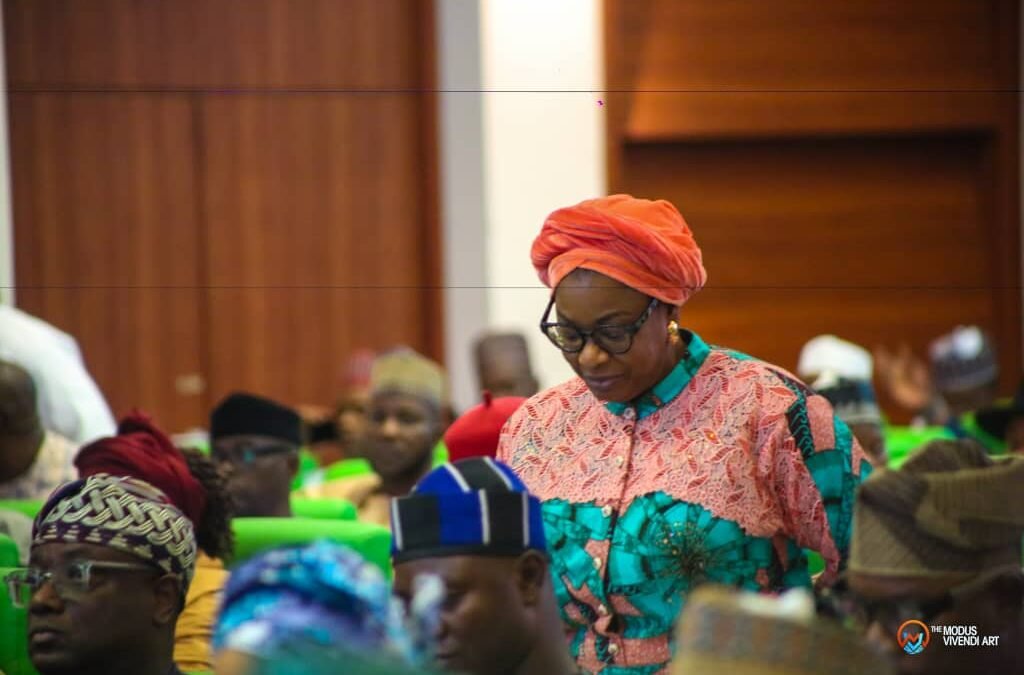Hon. Tolulope Akande-Sadipe, the representative of Oluyole Federal Constituency in the House of Representatives, expressed her worry about the current low representation of women in Nigerian politics. She shared her concerns during a one-day roundtable organized by the Women Advocates Research and Documentation Centre (WARDC), a non-governmental organization, held in Lagos.
The roundtable’s theme was “Role of parliamentarian in ensuring gender and social inclusion for growth and development.” In her keynote address, Akande-Sadipe highlighted the minimal number of women holding seats in the National Assembly and state houses of assembly.
She emphasized the need to address the decline in women’s representation and the barriers that hinder women from actively participating in competitive politics in Nigeria. As the only female Federal Lawmaker from Oyo State, Akande-Sadipe acknowledged the challenges in promoting gender and social inclusion and urged the government at all levels to confront cultural norms and discriminatory practices that hinder progress towards a fairer society.
As a parliamentarian, she recognized her responsibility to represent and advocate for her constituents’ diverse needs, including women. She stressed the importance of adopting an intersectional approach to achieve gender and social inclusion, acknowledging the interconnected systems of disadvantage faced by women of different backgrounds.
Speaking at the symposium organized in collaboration with the Canadian government and United Nations, Akande-Sadipe pointed out the low representation of women in the Senate and House of Representatives. Women occupy only 3 percent of the seats in the Senate (3 seats) and 4 percent of the seats in the House of Representatives (15 seats). This decline in representation raises concerns about overlooking policies and issues concerning women in Nigerian politics.
In state houses of assembly, the situation is not much different, with only 4.7 percent (48 out of 1,019) of women winning seats in the 2023 elections. Although there was a slight increase compared to the 2019 elections, it still falls short of achieving proper representation. The 2023 elections saw 1,553 women contesting various positions, but only 72 were elected at the federal and state levels, representing a low percentage of elected women candidates.
To enhance women’s representation in politics, Akande-Sadipe called for collective efforts and urged women to take concrete steps to overcome gaps and ensure equal opportunities in decision-making structures. She emphasized the need to dismantle structural barriers that hinder women’s political participation and challenge traditional gender norms.
She appealed to the government and decision-makers to encourage female representation in decision-making bodies to enhance women’s leadership and political participation in governance. Akande-Sadipe mentioned Rwanda as an example, where a high percentage of women hold seats in parliament, reflecting the country’s commitment to women’s empowerment.
She expressed gratitude to the organizers of the gathering for their commitment to advancing women’s political empowerment in Nigeria. Akande-Sadipe concluded that prioritizing gender and social inclusion is vital for achieving a more equitable and just society. Empowering women and promoting their active participation in politics will unlock the potential of half the population, leading to sustainable growth and development.

